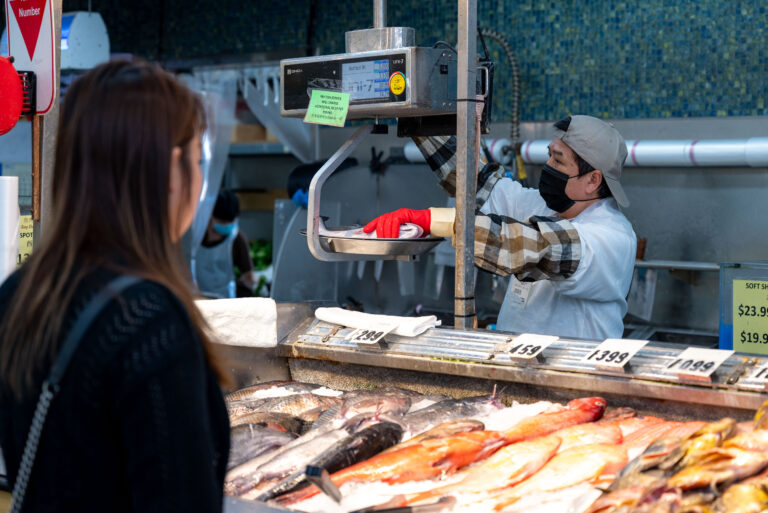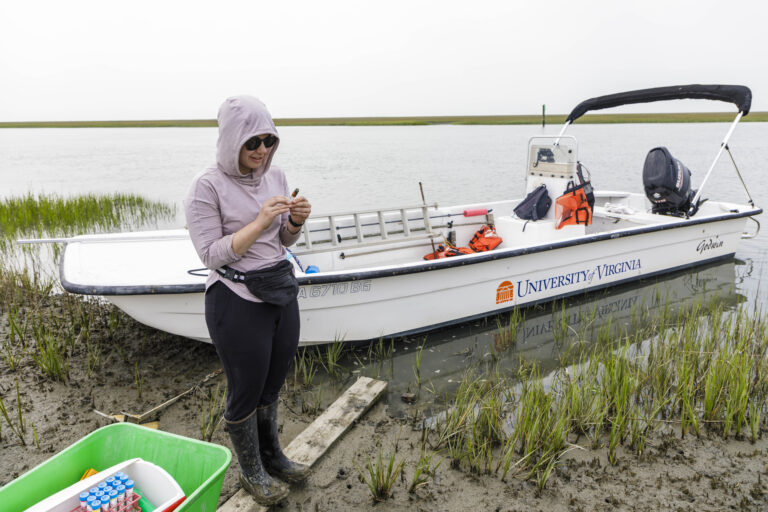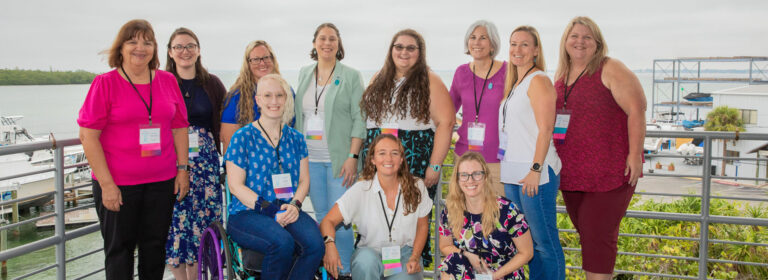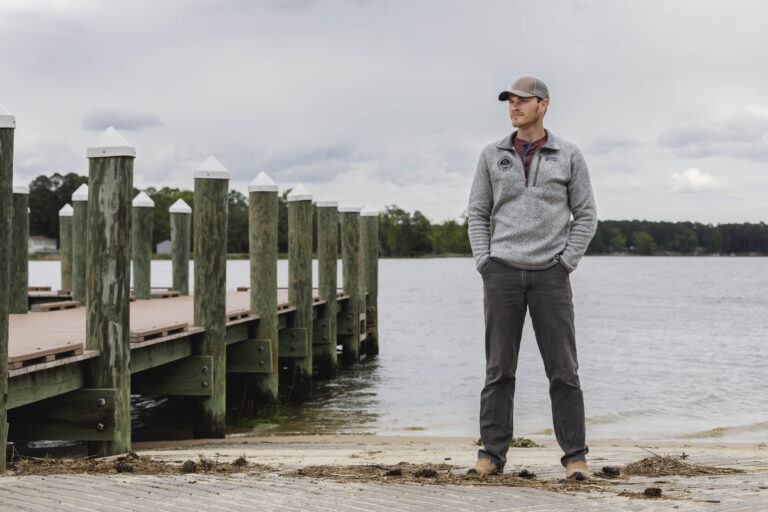2021 Commonwealth Fellow to work at Department of Wildlife Resources
 Clay Ferguson, a Ph.D. candidate at Virginia Tech’s College of Agriculture and Life Sciences, has been selected as a 2021 Commonwealth Fellow. Ferguson will work with the Virginia Department of Wildlife Resources during his fellowship to help the agency incorporate climate change into its policies and management strategies.
Clay Ferguson, a Ph.D. candidate at Virginia Tech’s College of Agriculture and Life Sciences, has been selected as a 2021 Commonwealth Fellow. Ferguson will work with the Virginia Department of Wildlife Resources during his fellowship to help the agency incorporate climate change into its policies and management strategies.
During his yearlong Commonwealth Fellowship, he will look at climate adaptation policies from other mid-Atlantic states and evaluate how current DWR policies could better incorporate climate adaptation. Ferguson will then develop specific recommendations for how the agency can factor climate change into its existing management activities over the next two years. He will also develop a survey to assess the DWR’s readiness to respond to the impacts of climate change, and perform a vulnerability assessment for DWR lands and facilities in coastal Virginia.
Ferguson is a Ph.D. student in the Department of Food Sciences at Virginia Tech. His research focuses on the silver carp, one of several invasive species from Asia that have spread throughout the Mississippi River system. The fish jump out of the water into the air when startled by boat motors, disrupting fishing and watersports on the river. Silver carp can weigh up to 60 pounds and have caused injuries to boaters struck by leaping fish.
“Where populations are dense, people just aren’t getting on the water anymore. License sales and trailer registrations go towards conservation, and when folks aren’t participating anymore, it hurts those funds for state agencies.”
He also analyzed nutrient data for carp, which would help fish processors market carp products. Additionally, he is surveying professionals working on invasive carp issues in order to understand different opinions about eradicating carp from the water system, and what harvest incentive programs could help establish a commercial carp fishery.
“The best strategy is to try and design a conventional fishery where we don’t try and deplete them severely, but suppress them below a level that’s culturally acceptable,” Ferguson said.
Ferguson said he looks forward to collaborating with other state agencies to improve land-use practices and reduce stress for Virginia’s coastal ecosystems through his fellowship projects.
“A lot of the DWR’s previous interest has been in stocking our threatened species and putting them back into habitats, but our habitats have to be receptive for those efforts to be worthwhile. I’m really interested in improving habitats to make them more receptive for natural recovery efforts.”
He has always been interested in resource management, and enjoys fishing and hunting in his spare time.
Portrait contributed by Clay Ferguson | Virginia Tech
Header photo by Aileen Devlin | Virginia Sea Grant
Story by Madeleine Jepsen | Virginia Sea Grant
Published Oct. 6, 2021.
“Our habitats have to be receptive for those efforts to be worthwhile. I’m really interested in improving habitats to make them more receptive for natural recovery efforts,” Ferguson said.
Photo by Ryan Hagerty | USFWS






